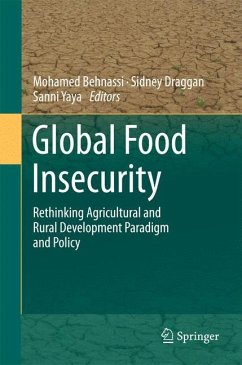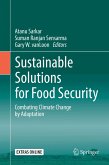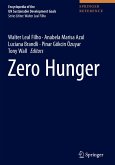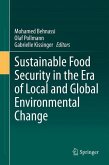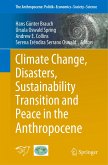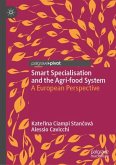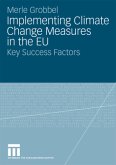Humankind and the world's ecosystems face the toughest of challenges: how to feed billions more people while the climate changes, energy becomes scarcer and competition for resources intensifies. This book advocates paradigm- and policy shifts at all levels.
Human-kind and ecological systems are currently facing one of the toughest challenges: how to feed more billions of people in the future within the perspective of climate change, energy shortages, economic crises and growing competition for the use of renewable and non renewable resources. This challenge is even more crucial given that we have not yet come close to achieving the Millennium Development Goal of halving the number of people living in extreme poverty and hunger.
Scientists and relevant stakeholders are now voicing a clear message: that multiple challenges the world is facing require innovative, multifaceted, science-based, technological, economic and political approaches in theoretical thinking, decision making and action. With this background central to survival and well-being, the purpose of this volume is to formulate and promote relevant theoretical analysis and policy recommendations. The major perspective of this publication is that paradigm and policy shifts at all levels are needed urgently. This is based on the evidence that agriculture in the 21st century will be undergoing significant demands, arising largely from the need to increase the global food enterprise, while adjusting and contributing to climate change adaptation and mitigation.
Global Food Insecurity aims at providing structure to effect achievement of this critically needed roadmap.
Human-kind and ecological systems are currently facing one of the toughest challenges: how to feed more billions of people in the future within the perspective of climate change, energy shortages, economic crises and growing competition for the use of renewable and non renewable resources. This challenge is even more crucial given that we have not yet come close to achieving the Millennium Development Goal of halving the number of people living in extreme poverty and hunger.
Scientists and relevant stakeholders are now voicing a clear message: that multiple challenges the world is facing require innovative, multifaceted, science-based, technological, economic and political approaches in theoretical thinking, decision making and action. With this background central to survival and well-being, the purpose of this volume is to formulate and promote relevant theoretical analysis and policy recommendations. The major perspective of this publication is that paradigm and policy shifts at all levels are needed urgently. This is based on the evidence that agriculture in the 21st century will be undergoing significant demands, arising largely from the need to increase the global food enterprise, while adjusting and contributing to climate change adaptation and mitigation.
Global Food Insecurity aims at providing structure to effect achievement of this critically needed roadmap.

